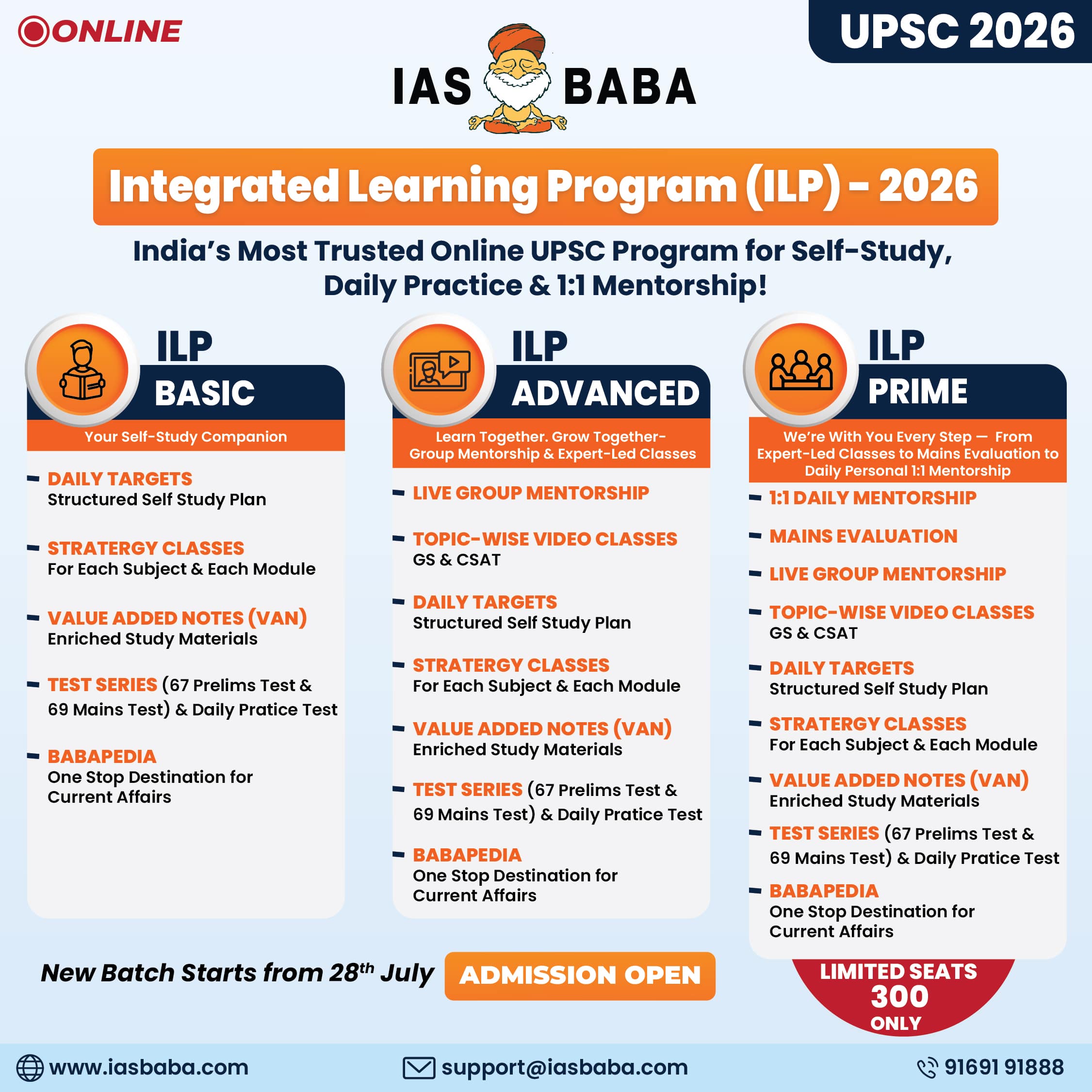UPSC Articles
INTERNATIONAL / SECURITY
Topic: General Studies 2:
- Effect of policies and politics of developed and developing countries on India’s interests
- India and its neighborhood- relations.
Abraham Accord: UAE-Israel peace agreement
Context: In a joint statement released by the US, Israel and the UAE, the leaders of the three countries agreed to the full normalization of relations between Israel and UAE.
The agreement that will be called the ‘Abraham Accord’ was brokered by US President Donald Trump.
What are the clauses of this agreement?
- The deal states that UAE would recognise the state of Israel and establish formal diplomatic relations with it, while Israel would halt its controversial plan to annex swathes of the Palestinian West Bank.
- In the next few weeks, Israel and the UAE will finalise bilateral ties and cover areas of investment, tourism, security, technology, energy, environmental issues, and the establishment of embassies, in addition to other areas of cooperation.
- The joint statement mentioned that Israel and the UAE would also be “forging closer people-to-people relations”.
- The statement also said that Israel will focus its efforts now on expanding ties with other countries in the Arab and Muslim world, and that the US and UAE would be assisting it in achieving that goal.
Do You Know?
- Except with Jordan and Egypt, Israel does not have diplomatic relations with Gulf Arab states owing to its long-standing conflict with Palestinians
- Israel had signed peace agreements with Egypt in 1979 and with Jordan in 1994.
- However, despite the absence of official diplomatic relations, Israel has been engaging with its neighbours with regard to issues like trade.
What are the politics behind this agreement?
- Domestic Politics of Israel: PM Netanyahu, who has been facing mishandling of the coronavirus outbreak and is on trial for corruption, may be banking on this agreement to revive his image.
- Domestics Politics of USA: This agreement brokered by US is seen as diplomatic win of President Trump ahead of the November elections, where he seeks re-election. His other foreign policy bets — Iran, North Korea or Afghanistan — were either disastrous or inconclusive.
- Politics of UAE: The agreement further burnishes its international campaign to be seen as a beacon of tolerance in West Asia despite being governed by autocratic rulers.
- To Alienate Iran: The agreement could pave the way for the region’s Sunni Arab kingdoms and the Jewish-majority Israel enhancing regional cooperation against their common foe, Shia Iran.
What do the Palestinians think about this?
- Palestinians have long relied on Arab backing in their struggle for independence. T
- his announcement marked both a win and setback.
- It is a win as the deal halts Israeli annexation plans.
- It is a setback as Palestinians have repeatedly urged Arab governments not to normalise ties with Israel until a peace agreement establishing an independent Palestinian state is reached.
- Palestine contends that UAE has moved away from the Arab Peace Initiative:
- It is a Saudi Arabia initiative endorsed by the Arab League that offered recognition to Israel in exchange for its full withdrawal from the occupied territories (returning to pre-1967 borders)
Significance of the agreement
- The agreement shows how the Arab countries are gradually decoupling themselves from the Palestine question
- The deal buys UAE a lot of goodwill in the US, where its image has been tarnished by its involvement in the Yemen war
- Other gulf states in the region like Bahrain and Oman could follow suit and sign similar agreements with Israel
- If the Arab states do fall in line, it would dramatically bring all Sunni nations in the region in an anti-Iran alliance with Israel
- In South Asia, it will put Pakistan in a bind, whether to follow UAE’s steps (will be seen as giving up Islamic cause of Palestine) or not to follow UAE (since it is already in feud with the Saudis over not taking up Kashmir case, Pakistan cannot afford another hostile Islamic Country)
Conclusion
The Palestinian leadership, on its part, should understand the emerging reality in West Asia — the Arab-Israel conflict is coming to a close, but the Palestine-Israel conflict is to continue without any respite.
Connecting the dots:
- Israel-Palestine Conflict
- USA’s West Asia Peace plan














